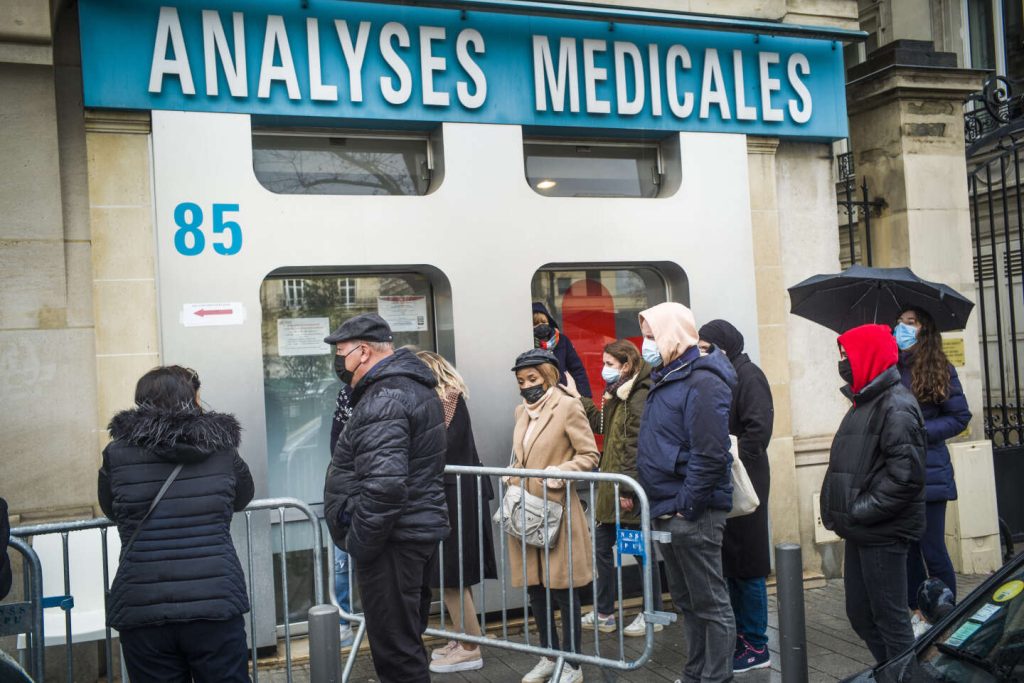The world of radiology has been buzzing with talk of the “financialization” of the profession since 2022, with concerns about the potential consequences. In response, a group of radiologists called Corail (Collective for Independent and Free Radiology) was formed to encourage young graduates to carefully consider the imaging network they join. They advise new professionals to understand the implications of working in an independent imaging network controlled by doctors versus a group led by financiers.
Recent investments by financial funds in the radiology sector have raised fears among independent radiologists, as noted by the powerful syndicate, the National Federation of Radiologist Doctors. President Jean-Philippe Masson highlighted the rapid increase in financial involvement, with 15-20% of imaging cabinets now owned by financial actors. Concerns have been raised about professionals losing control of their work tools, echoing the transformation seen in private medical biology with massive buyouts by financial groups.
The issue of financialization is not only causing concern among radiologists, but also within the wider medical profession, as well as among policymakers and public authorities. The French National Health Insurance expressed concerns in a July 2023 report, and the Senate launched a task force in March to investigate further. The Directorate General of Healthcare Services is also forming a task force to better understand the phenomenon and make recommendations.
While private investment in the healthcare system is not new, the influx of strictly financial actors looking at healthcare as a speculative product for shareholder profit is what is causing alarm. Senator and general practitioner Bernard Jomier is troubled by the shift of healthcare resources towards financial interests, warning that it could lead to a loss of independence for healthcare professionals. The co-reporter of the Senate mission on the issue, he fears that this trend could divert essential resources away from healthcare.
The key concern is not simply the presence of private capital in healthcare, but rather the potential consequences of a shift towards profit-driven healthcare delivery. Maintaining a balance between public and private financing in healthcare is essential, as long as the autonomy of healthcare professionals and the stability of care provision are ensured. The debate around financialization in radiology and healthcare more broadly is complex, and the involvement of various stakeholders including professionals, policymakers, and the public will be crucial in shaping the future of the healthcare system.


